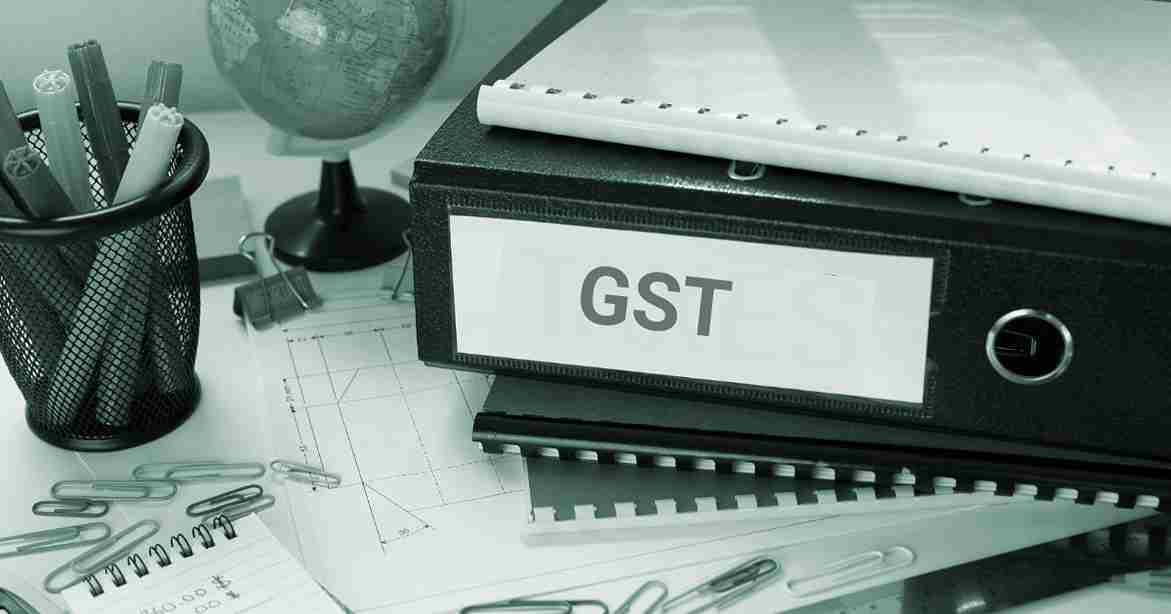Input Service Distributor Mechanism: Recommendations in 50th GST Council Meeting

It’s not an uncommon instance whereby certain services from a single vendor are being availed of by multiple entities of a single group. In such cases, the distribution of input tax credit (ITC) on such services becomes tricky as the service consumers are multiple and therefore, all the recipient entities have the right to avail of the ITC. GST law carried over the concept of the Input Service Distributor (ISD) from the erstwhile service tax law to streamline the process of claiming ITC in case common credit is being utilised by multiple entities of a single group. Let’s understand what is ISD and why it became a point of discussion in the recent 50th Meeting of the GST Council.
What is Input Service Distributor?
Input Service Distributor (ISD) is a category of a taxpayer under GST law that receives invoices for input services and distributes the ITC to its branches and units with different GST identification numbers having the same PAN and spread across different locations. The GST law has prescribed the entire mechanism as to the registration requirements, how the ITC should be distributed and in what proportions.
Under the ISD mechanism, the ITC on common input services should be claimed by the ISD-registered entity. This ITC should be further distributed to the distinct entities within the same group on the basis of past turnover. This ensures that all the distinct entities that availed of the common input services get their portion of ITC.
Recommendations in the 50th GST Council Meeting
In the 50th GST Council Meeting, the GST Council recommended to clarify the following points through a circular:
- Presently, the ISD mechanism is not mandatory in case of credit received for common input services obtained from third parties and distributed to distinct persons.
- Issues of taxability of internally generated services that are provided by one distinct person to another distinct person.
Further, the council has recommended making a prospective amendment in the GST law making ISD mechanism mandatory for the distribution of the input tax credit relating to such common input services that are procured from third parties. The prospective amendment will ensure that the businesses get sufficient time to implement the changes.
What Can Be Anticipated?
If the above recommendations of 50th GST Council Meeting on ISD are implemented, then the distribution of common ITC through the ISD mechanism will become mandatory. It is important to note that ISDs are required to obtain separate registration under GST law. For instance, if the head office is also acting as the ISD for the distribution of credit, then it shall obtain two GST registrations i.e., one as regular taxpayer and another as ISD. Also, ISDs can distribute common credit pertaining to input services only and not in relation to goods. The issue of the circular is awaited as it is anticipated to bring much-needed clarifications in relation to ISD under GST law. For more such useful information, reach out to ASC Group.

Leave a Reply